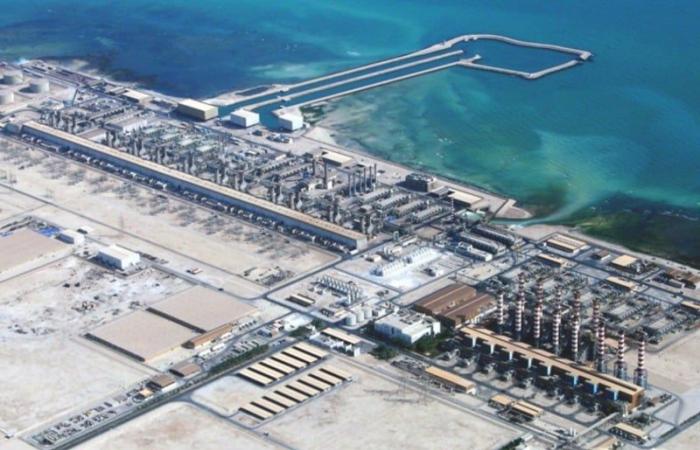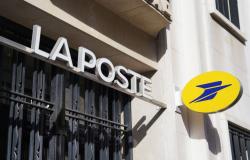The Casablanca desalination plant, a capital project, both structuring and pressing, intended to become the largest of its kind on the African continent, and intended to meet the drinking water needs of millions of Moroccans, has accumulated a considerable delay. If this initiative had been implemented on time, the considerable funds mobilized for the water highway could have been allocated to other equally crucial projects, said Thursday the Minister Delegate to the Head of Government in charge of Relations with Parliament and government spokesperson, Mustapha Baitas.
It must be recognized that the Casablanca water desalination plant project was overtaken by the unfortunate reality of the delay. According to the assertions of Baitas, who answered questions from journalists during the press briefing held this Thursday following the meeting of the Government Council, « we have identified a major problem relating to the Casablanca water desalination plant: its commissioning has suffered a considerable delay. Had this facility been operational within the stipulated time frame, it is highly likely that the vast financial resources currently allocated for the water highway could have been reinvested in other relevant projects. So, the heart of the problem lies in the fact that this station was not completed on schedule« .
While the country is working to ensure its drinking water supply, this project, not only structuring but also vital and urgent, has in fact accumulated delays. However, its scale promises to make it the largest of its kind in Africa. From its first phase scheduled for the end of 2026, it will have to provide 548,000 m³ of water per day, the equivalent of 200 million m³ per year, before reaching its full capacity of 822,000 m³/day by mid-2028. The provision of 300 million cubic meters of water would mainly address consumption needs, while an allocation of 50 million would be reserved for irrigation, a breath of fresh air for the country’s farmers.
-The cost of this titanic undertaking should not be taken lightly, it amounts to 11 billion dirhams, financed by a consortium made up of Acciona, Green of Africa (GOA) and Afriquia Gaz. Some 6.5 billion dirhams will go to the desalination plant component, which, moreover, will use reverse osmosis technology. In addition to this, the project includes 1,850 ml long seawater supply pipes and a 2,500 ml discharge outfall, as well as a sludge treatment unit.
In a country where nearly 6.7 million inhabitants hope to see their drinking water needs met, covering Greater Casablanca, Berrechid-Settat and El-Jadida Azemmour, the desalination project is of the utmost urgency. Without forgetting the 8,000 hectares of agricultural land waiting to be irrigated using treated water, all by 2026. A challenge, a promise, but above all, a necessity. As time passes, the question remains whether we will be able to meet the deadlines this time around, with construction work launched last June.






